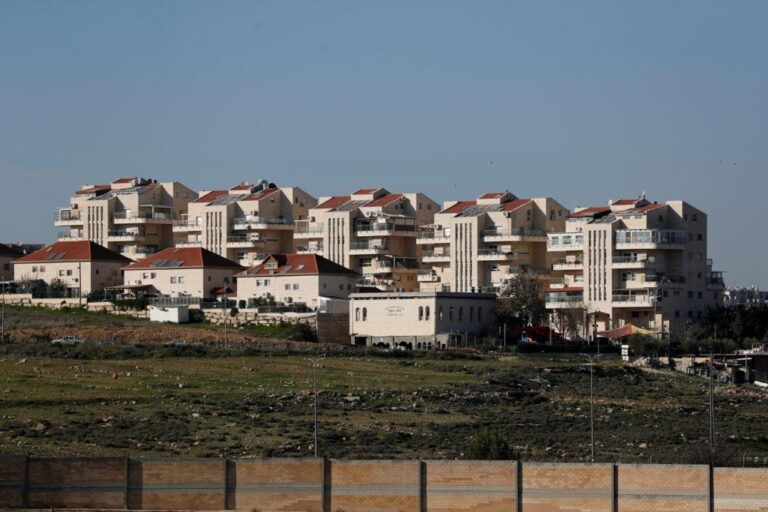Germany has condemned Israel’s recent plans to expand settlements in the West Bank, declaring the move illegal under international law. In a strong diplomatic statement, Berlin urged Israel to halt construction activities, emphasizing that such actions undermine prospects for peace between Israelis and Palestinians. The German government’s remarks come amid growing international concern over settlement expansion and its impact on the already fragile Middle East peace process.
Germany Condemns West Bank Settlement Expansion as Violation of International Law
Germany has publicly criticized Israel’s recent announcement to expand settlements in the West Bank, labeling the move as a clear breach of international law. The German government emphasized that such actions not only undermine the prospects for peace between Israelis and Palestinians but also violate United Nations resolutions and the Geneva Conventions. Berlin warned that these expansions could further destabilize the region and complicate ongoing diplomatic efforts aimed at achieving a two-state solution.
Key points from Germany’s statement include:
- The expansion disregards international legal standards and agreements.
- It jeopardizes trust-building measures critical for peace talks.
- Germany urges Israel to halt all construction activities in contested areas immediately.
- Calls for renewed commitment from all parties to resume meaningful dialogue.
| Aspect | Germany’s Position |
|---|---|
| International Law | Settlement expansion violates UN resolutions |
| Peace Process | Constructive dialogue must resume urgently |
| Regional Stability | Settlements increase tensions in the Middle East |
| Diplomatic Relations | Germany remains committed to mediation |
Diplomatic Implications for Israel Amidst Heightened EU Criticism
Israel faces mounting diplomatic pressure from European Union member states, with Germany leading a chorus of disapproval following recent announcements regarding West Bank settlements. Berlin has categorically labeled the expansion plans as contrary to international law, reinforcing a broader EU stance that views such actions as undermining prospects for peace and regional stability. This increased criticism has the potential to further isolate Israel within European diplomatic circles and may impact ongoing cooperation across various sectors.
In response to the escalating tensions, Jerusalem may encounter several immediate diplomatic challenges, including:
- Potential reevaluation of bilateral agreements by EU countries
- Increased scrutiny within international forums such as the UN and International Criminal Court
- Heightened advocacy by European parliamentarians pushing for policy actions against settlement activities
- Strained political and economic relations, especially with Germany, a key defense and trade partner
The complexity of these developments is captured in the table below, outlining key stakeholders and their respective positions:
| Stakeholder | Position | Potential Action | |||||||||||
|---|---|---|---|---|---|---|---|---|---|---|---|---|---|
| Germany | Firmly opposes settlement expansion | Diplomatic pressure & possible sanctions | |||||||||||
| Israel | Defense of settlement policy | Diplomatic engagement & legal defense | |||||||||||
| EU Parliament | Calls for Renewed Peace Talks Emphasizing Compliance with International Resolutions
Germany, reaffirming its commitment to upholding international law, has strongly criticized Israel’s West Bank settlement expansion as illegal under international resolutions. Berlin’s statement highlights the urgent need to reinvigorate peace negotiations based on respect for United Nations mandates and the avoidance of unilateral actions that exacerbate tensions. The German government insists that any lasting solution must honor the principle of territorial integrity as outlined in numerous Security Council resolutions. Key demands emphasized by Germany include:
In SummaryGermany’s clear denunciation of Israel’s West Bank settlement plans underscores the ongoing international contention surrounding the issue. As the debate continues, the global community remains watchful, emphasizing adherence to international law and the pursuit of a peaceful resolution in the region. The developments mark yet another chapter in the complex discourse over the Israeli-Palestinian conflict, with future diplomatic engagements poised to shape the path ahead. |




